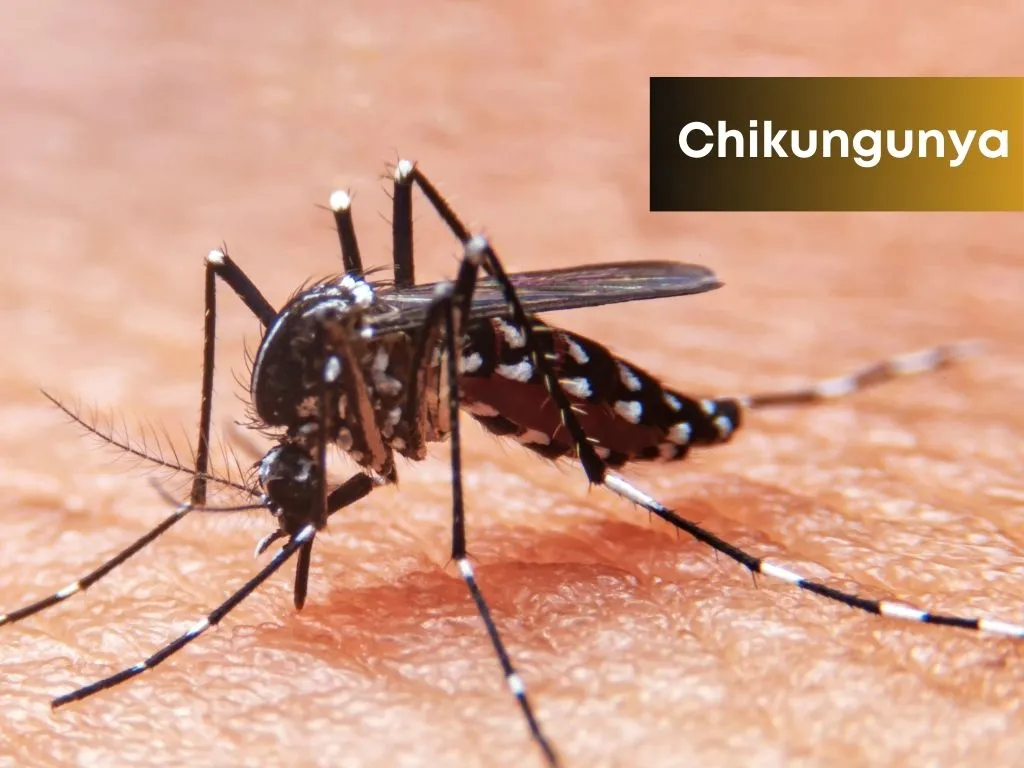Diarrhea
-
 Nalamaree Team
Nalamaree Team
- 23 September 2025
Overview
Diarrhea is a common condition characterized by loose, watery stools that occur more frequently than usual. It is often a symptom of an underlying issue, such as an infection, gastrointestinal disorder, or food intolerance. Diarrhea can be acute, lasting for a short period, or chronic, persisting for weeks to months. There are many different causes of diarrhoea. A bowel infection (Gastoenteritis) is a common cause in both adults and children.
Causes
Symptoms
Treatment: Modern Medicine
Treatment: Traditional Medicine
Caution
- Avoid Certain Foods and Beverages
- Avoid spicy, fatty, and greasy foods, as well as caffeine and alcohol.




















.jpg.webp)
